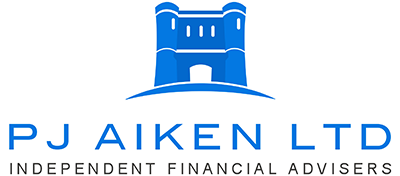After a generally good performance for equity markets during the Summer months, we have seen some profit taking and consolidation, but latest ECB news has provided a boost. On the whole, companies continue to perform well with the exception of those involved in the production of raw materials where indications of global slowdown have taken their toll on raw material prices. Among fixed interest markets, falling inflation in the UK has caused a slight check in the upward progress of Index Linked Government Stocks, while conventional fixed interest investments have continued to hold their own against the background of low interest rates at home and overseas.
Thinking ahead, continuing developments within the Eurozone, in China and of course in the USA will continue to influence progress over months to come. There are indications that progress is being made with aspects of the Eurozone’s structural issues where, essentially, the single currency requires the adoption of a more federal approach by the Governments within the zone, and while China’s economy is slowing down, I consider this to be no bad thing as the frantic growth of recent years is not a recipe for stability. In the meanwhile, tentative recovery in the USA continues.
Although prices of minerals have fallen back from their highest levels, food and energy costs continue to rise. My judgement is that the Summer falls in UK inflation levels do not have a great deal further to go in the short term, while in the longer term I see potential for increasing inflationary pressures and therefore remain of the view that most growth focused investors, and those looking to achieve long term income preservation, should consider holding an element of index linked investment within their portfolios.
Conventional fixed interest investment continues to benefit from the ongoing low interest rate environment which looks set to continue for some while. We are seeing many companies raising medium and long term funds at low interest rates: my hunch is that in the medium run, when interest rates start to return to more normal levels, the companies and their shareholders, rather than fixed interest investors, will find that they have got the better side of the bargain. For the reasonably foreseeable future, holding fixed interest investments for income production (particularly within ISAs and pension funds where the interest is paid tax free) remains sound, but scope for further capital growth within the fixed interest sector now looks to me to be very limited.

July 2024 Market Commentary